An Ancient Medicine for a Modern Health Crisis
The symptoms of most Autoimmune conditions can be life-changing. Most allopathic treatments are focused on symptom management and, as fortunate as we all are to have these pharmaceutical drugs available, their side effects make them dangerous in the long term. At present, medical errors are the third-highest cause of death.
What about Medical Cannabis?
Medical Cannabis has never killed anyone!
Cannabis is famous for many reasons. From a medical perspective, Cannabis has two primary chemicals that can be used safely and effectively in both the short term and the long term.
Tetrahydrocannabinol (THC) is well known for its ability to relieve pain, depression, anxiety, nausea, and insomnia. I will discuss this life saving or at least quality of life-saving medicine in another article.
In this article, you will learn exactly how Cannabidiol (CBD) interacts with your body to decrease the inflammatory response, activate and regulate the receptors for your neurotransmitters, reduce pain as well as how to use it safely.
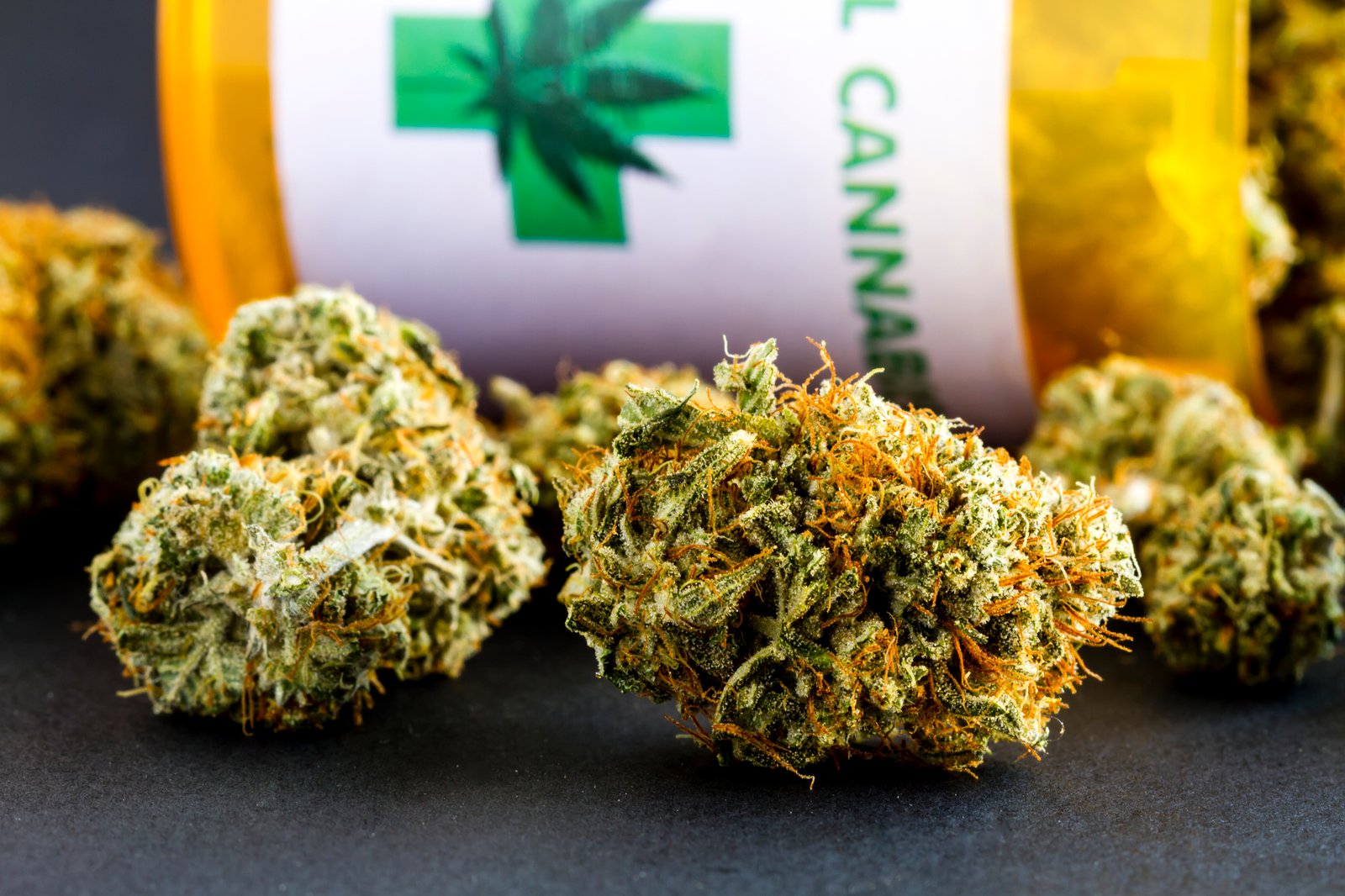
Cannabidiol (CBD) has taken the western world by storm. You can buy it in a corner store in some places and you need a doctor’s prescription in other places.
Is CBD a fad or is it actually the most important healing molecule nature has ever invented?
How can CBD help you with:
- Chronic Inflammation and Pain
- Stress and Autoimmunity
- Neurotransmitter Imbalances
Learn about:
- Your Endocannabinoid System
- How CBD resolves many aspects of Autoimmunity
- Contraindications and Dosage
Ancestral Autoimmune Protocol
Resources
If you have not read these articles,
they may have some important answers, perspective, and guidance.
LEGAL STATEMENT– I cannot recommend the use of Medical Cannabis because of licencing standards. But, as a patient and researcher, I am inspired to share what I am learning. Always talk to a cannabis experienced and cannabis licensed clinician before using this medicine.
What Causes Chronic Inflammation?
Inflammation is as normal to your body as an ambulance is to an accident.
There are many factors that exaggerate or limit your individual body’s inflammatory response. Below is a list of the most common triggers of inflammation.
-
-
- Stress
- Pain and/or Trauma
- Addiction
- Pollution and/or specific toxins
- Chronic Illness
- Chronic Infections
- Hormonal Imbalances
- Sugar and MANY other dietary triggers
- Obesity
-
The metaphoric ambulance can represent normal immune activity, or it can represent a very aggressive immune response that includes structures like T-Cells, B-Cells, and Macrophages that are at the front line of inflammation. If there are enough triggers happening at the same time, your immune system will express more reactive and destructive immune cells like Natural Killer cells and Cytokines.
Unfortunately, chronic inflammation is not easy to diagnose. Most mainstream lab tests for inflammation look for a crisis not a chronic imbalance in your immune system. As you age, your metabolism changes in ways that make it harder to maintain chronic inflammation and you become more prone to Cytokine Storms or erratic and dangerous cascades of inflammation.
If you have been diagnosed with an Autoimmune condition, chronic inflammation is the worse thing for your quality of life and long-term clinical outcomes.
It is very expensive for your body to be inflamed in the long term. If you stay in a chronically inflamed state for too long you may become Tissue Catabolic, or when your immune system steals or ‘eats’ your muscles and other tissues to win a short-term conflict.

On a lighter note, CBD has been shown to reduce inflammation in at least 3 ways. (see below)
Stress and Autoimmunity
One of the most important statistics we should have all learned in High school is that 80% of the underlying processes of chronic disease are worsened by chronic distress and trauma.
All of your hormones are made from the same molecule – Cholesterol. Your main stress hormone is called Cortisol, and if it is on overdrive for too long it can cause many hormonal imbalances. Most of which disrupt the normal adaptive functions of your immune system. There are entire books on this subject.
In the long term, this can develop into an Adaptive Overstrain and potentially Adaptive Exhaustion. (See my recent Article, Rest, Recovery, and The Importance of Winter)
A great example of the effects of chronic stress, high Cortisol and your immune system has to do with your T-Helper Immune Cells. There are many kinds of T-Cells and T-Helper Cells, so I will keep this focused on four.
Your TH-1 (T-Helper Cells -Type One) regulate intracellular immunity and fight off viral and bacterial pathogens
Your TH-2 (T-Helper Cells -Type Two) regulates your extracellular response to allergens and parasites.
Your TH-3 (T-Helper Cells -Type Three) regulates the activity of your TH-1 and TH-2 cells, as well as many other aspects of your immune system. Your TH-3 Cells are very important when it comes to how aggressively you react to food intolerances.
Your TH-17 (T-Helper Cells -Type Seventeen) comes into action when your TH-1 and TH-2 cells cannot handle the pathogens in your body or when your immune system is weakened, and you are overloaded with fungal and bacterial infections.
When TH-17 Cells are activated, they recruit many other immune cells to wage a war – often setting off a dangerous Cytokine Storm.
If you experience chronic stress, your TH-1 activity is suppressed, leaving the inside of your cells to fend for themselves. At the same time, your allergic responses (TH-2) will be exaggerated.
After the stress is over, things may return to normal. If the stressor is long term and you experience Adrenal/Cortisol Overwhelm, things can get very messy.
Your TH-3 cells will do their best for as long as possible to keep your immune system in balance but will eventually lose control.
As you lose the ability to keep your Cortisol levels high, your immune system switches from TH-2 Dominance back to TH-1 dominance and then your immune system aggressively attacks whatever is growing inside of all of your cells.
This sets off your TH-17 cells in the terrifying process called a Cytokine Storm
That short description of stress and immune dysfunction oversimplifies a great deal of what is happening.
There are many other ways that chronic stress and trauma affect your immune system and why many people’s Autoimmune fare-ups happen. In my clinical experience, I estimate that 80% of my Autoimmune patients agree that their primary trigger is long-term personal distress.

Fortunately, CBD’s effect on stress, fight or flight responses, and immune cell activity helps bring the chaos into balance.
Neurotransmitter Imbalances
Another tidbit of information that we ‘should have learned in high school’, is most of your Neurotransmitters are manufactured and also function in your gut.
It is estimated that 95% of your Serotonin, 60% of your Melatonin, and about 50% of your Dopamine are made in your Small Intestine. Chronic inflammation in your gut, nervous system and brain can interfere with or even destroy your Neurotransmitters, interfering with the necessary fluctuations and balance that are necessary for focus, mood, memory, balance, strength, and sleep.
This makes most of us more prone to self-soothing behaviour. Some of us want to eat popcorn, ice cream, or potato chips, others crave alcohol or other things to calm us down.
Recent research suggests that CBD may regulate your mucosal immune system in a way that helps regulate your microbiome and your Neurotransmitter production.
GEEK OUT MOMENT: For those of us who are trying to resolve a Leaky Gut, CBD helps your gut heal by up-regulating Melatonin receptor sensitivity and collagen synthesis, while down-regulating Alpha Gliadin Antibodies and Mucosal Membrane Connective Tissue Antibodies. This process is of particular interest to people with Crohn’s disease, Ulcerative Colitis, Gluten Sensitivity, and Celiac Disease.
Your Endocannabinoid System
Humans have used Cannabis for as long as we have needed string. Since the advent of fire (estimated to be 200,000 years), we have used Cannabis as a gateway way to our Ancestors, our God(s) and as a Medicine.
Traditional Chinese Medicine has written records of how to use this amazing plant that go back almost 5,000 years.
The raw leaves are very nutritious and are one of the best ‘greens’ to juice or add to a Smoothie. Hemp seeds, especially hemp hearts are a nutritional powerhouse and are allowed in Phases 2, 3, and 4 of the Ancestral Autoimmune Protocol.
Some have said that Cannabis has had an influence on the evolution of the human brain, our associative capabilities, music, and especially language.
In my experience, we are all poets when we are high.
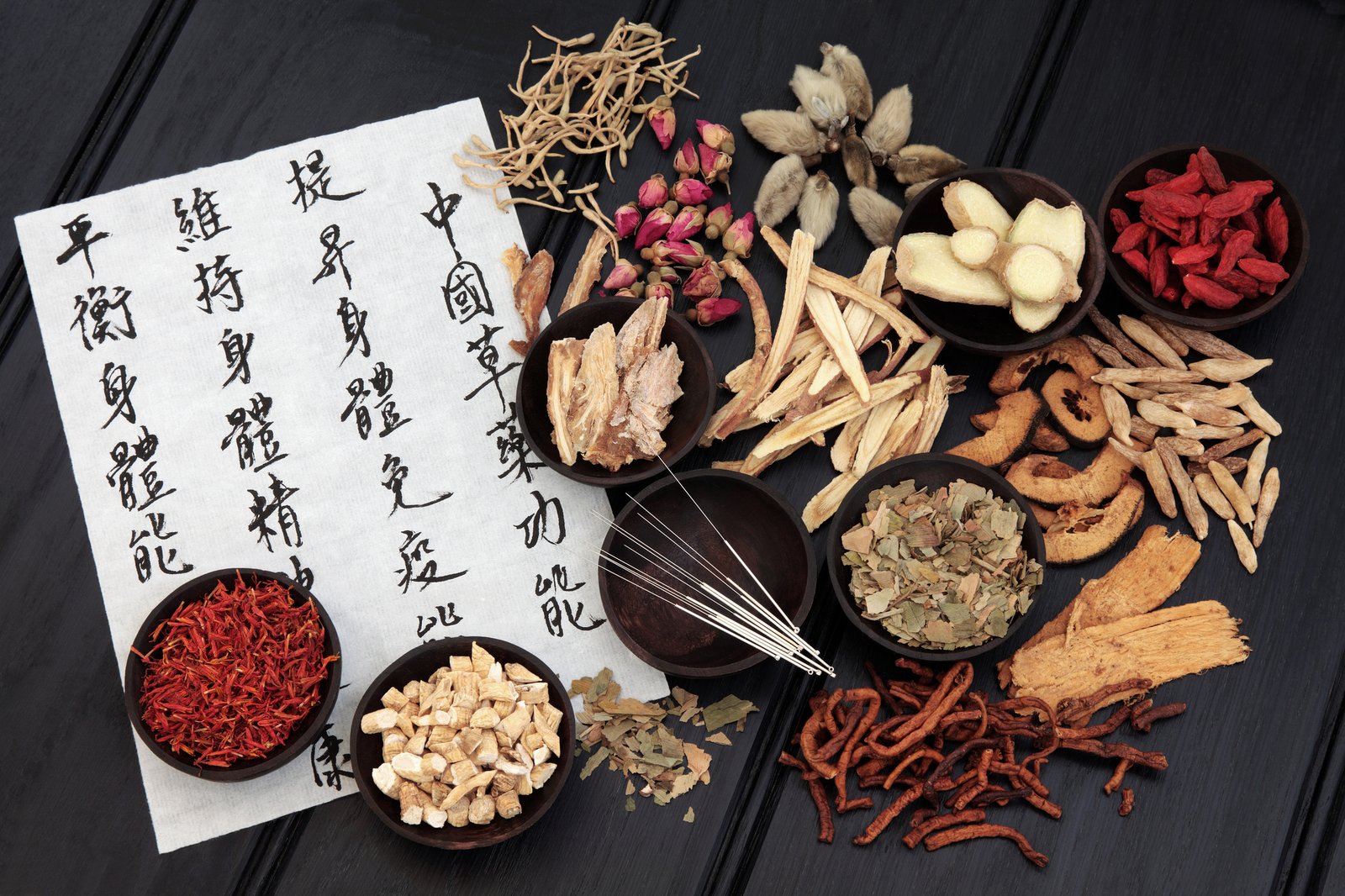
Before I get into the details of how CBD interacts with your body on a cellular level, I want to catch you up on how science began to study Cannabis.
Way, way back in the 1960s an Israeli scientist Raphael Mechoulam identified that it was the molecule THC (Tetra-hydra-cannabidiol) from Cannabis that makes people ‘high’.
This set off a frenzy of research around the world. If THC is active in the body, there must be a molecule already inside us that can make this happen. It took over 20 years, but researchers eventually discovered the molecule and called it Anandamide, (Ananda = Bliss, mide = molecule).
Yes, it is true! You have cannabis-like molecules inside of you, already working hard to keep you healthy and happy.
You have to love scientists for that one – “The Bliss Molecule”
Anandamide functions as a Neurotransmitter that regulates many systems in your body through your Endocannabinoid System.
Your Endocannabinoid System (ECS) is an array of cellular receptors and the hormone-like molecules that activate them. Cell receptors are like little locked doorways on the surface of your cells. The molecular keys that open and close these doors, allowing nutrients and wastes in and out of your cells are essential to life. This system has evolved over 300 million years and means that, yes, your body produces molecules found in the Cannabis plant.
The Endocannabinoid System (ECS) is just beginning to get the research that it needs, but so far, we know of two primary cell receptors. They are the Cannabinoid Receptor 1 (CB1) and Cannabinoid Receptor 2 (CB2).
We have also discovered another Neurotransmitter-like substance, similar to Anandamide called 2-AG.
2-Arachidonoylglycerol (2–AG), your other primary endogenous cannabinoid affects both your CB-1 and CB-2 receptors. Specifically, 2–AG regulates the rate at which your body uses Anandamide, CDB and THC. There is very little that is known about 2-AG.
The CB-1 receptors are primarily located on your nervous system cells, your spinal cord and your brain. CB-1 receptors are also found on your spleen, white blood cells, your endocrine glands, and parts of your reproductive, gastrointestinal and urinary tracts.
The CB-2 receptors are mainly found on your white blood cells, your tonsils and spleen. Your immune cells also express CB-1 receptors, although there are many fewer of them than your CB-2 receptors.
In your immune system, both cannabinoid receptors help regulate cytokine release.
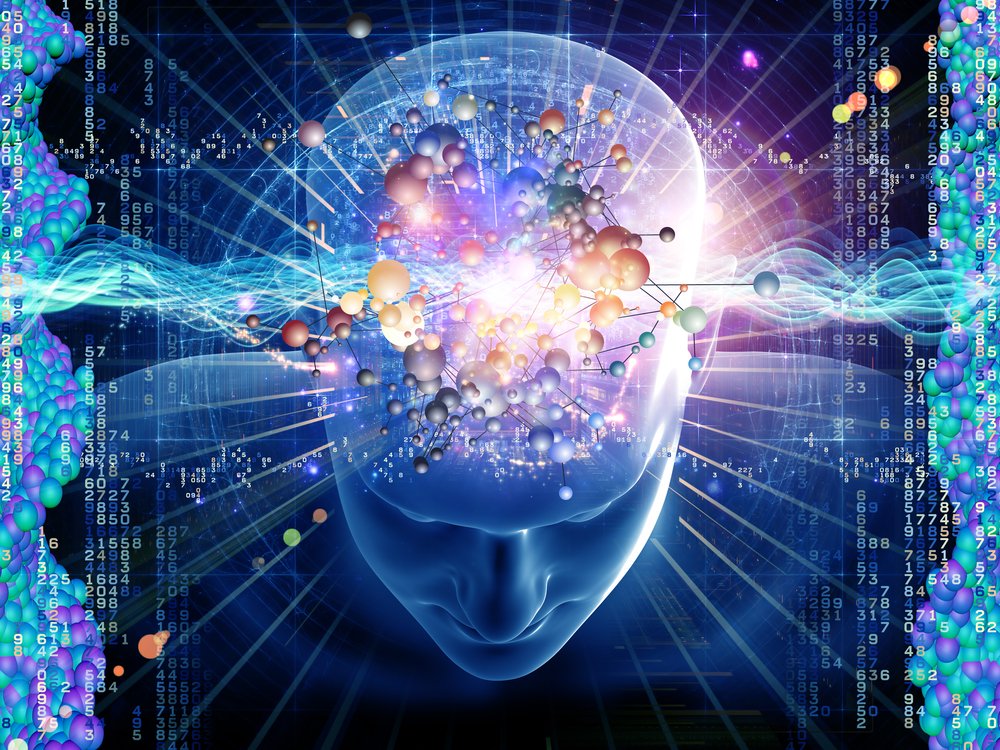
What Does Your ECS Do?
Given that there are large volumes of these receptors in your brain, nervous system, immune system, digestive system and all of your glands (the tissues that are essential to life and health) – your Endocannabinoid System and the molecules that regulate it are essential for day-to-day bodily function.
Endocannabinoids, THC, and CBD regulate the following functions:
- Sleep
- Mood
- Appetite and Digestion
- Dexterity
- Immune regulation
- Fertility and Reproductive Health
- Pain Threshold
- Memory and Forgetting
- Temperature Regulation
How exactly that all happens would take a few hours to explain in any detail. I think it is safe to say that you are aware that your body is constantly in a state of fluctuating self-regulation.
Without this capacity for maintaining balance (Homeostasis), life wouldn’t work. Most of us know about neurotransmitters like Serotonin and Melatonin, and that they govern things like mood and sleep. Once they are secreted in the body, they roam around telling the rest of your body what to do next. Anandamide and other Endocannabinoids actually determine how long those chemical messengers stay active, which changes everything about how we understand health.
One could say that some aspects of chronic illness, especially illnesses that are driven by inflammation, are due in part to an ‘Endocannabinoid Deficiency’. If your body cannot produce enough Endocannabinoids, you will eventually start feeling a bit ‘off’.
Being able to support this essential and innate part of your physiology can be a live saver!
Supporting Your Endocannabinoid System
The best way to support the health of your ECS is to eat a lot of Omega-3 fatty acids, from things like Salmon, Sardines, Tuna and Hemp Hearts. High Tryptophan foods like turkey and almonds, as well as Trace Minerals and B Vitamins, are also essential for optimal Neurotransmitter function.

Cannabis Terpenes
If you have ever been to a Medical Cannabis dispensary, you have probably seen people smelling jars of Cannabis flowers like glasses if fine wine. They say with Cannabis you should always trust your nose.
Terpenes are a kind of chemical called an Aromatic Hydrocarbon. Each unique terpene has a unique scent and a specific Metabolic, Somatic, and/or Psychoactive effect.
There are over one hundred unique Terpenes have been identified in the Medical Cannabis plant. Over the last 60 years, growers have created Cannabis strains with therapeutically specific Terpene combinations. (See Below)
Some Terpenes seem to promote relaxation and stress-relief, while others promote focus, and still others are potent anti-inflammatories or thought to reduce tumour growth. With Cannabis legalization becoming more popular, more research can be done in this area. Hopefully, within a few years, specific CBD Terpene combinations will become available – with or without THC.
Myrcene
Naturally occurs in Hops, Lemongrass and Passionflower. All herbs that help you sleep.
-
-
- Anti-inflammatory
- Sedative
- Muscle Relaxant
- Pain Releif
-
Beta Caryophyllene
Naturally found in Hops and Copaiba Oil, both are used for pain and anxiety releif.
-
-
- Pain Relief
- Anti-inflammatory
- Antianxiety
- Antidepressant
-
Limonene
Limonene is found in fruit rinds, Rosemary and Peppermint and some Chinese herbs used for weight loss, cancer prevention and treating bronchitis.
-
-
- Antianxiety
- Antidepressant
- Mood Elevator
- Relieves Nausea
-
Humulene
Humulene in found in Hops, Basil, Sage and Cloves. Herbs traditionally used for pain and as anti-inflammatory.
-
-
- Anti-inflammatory
- Pain Relief
- Appetite Suppresant
- Anti-Tumour
-
Cannabis Flavonoids
All kinds of Cannabis contain a combination of many subtle alkaloids, called Flavonoids, that influence your internal organs and immune system in predictable ways according to the Cannabis strain. You may get relief from a rash or you may experience mild hay fever when smoking.
It takes time to find the best strain for each of us.
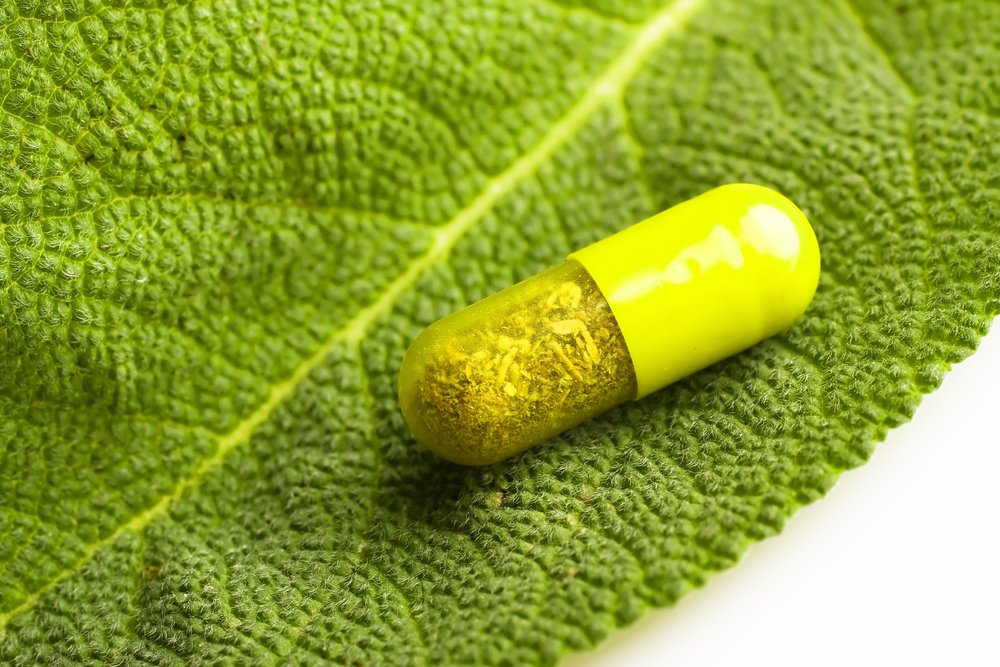
CBD Reduces Inflammation, Stiffness and Pain
CBD can relieve the symptoms of pain and stiffness by regulating several mechanisms of inflammation.
The first thing that We should all learn about CBD is it inhibits the breakdown of Anandamide – your endogenous (already in your body) cannabinoid. Keeping your internal Bliss molecule high and around longer is good for everyone, but especially those with chronic pain.
CBD acts as an immune system modulator. By behaving like a Prostaglandin, CBD can boost a weak immune system and down-regulate an overactive one.
CBD binds to TRPV1 or “TRiP 1” receptors, which are known to mediate pain perception, inflammatory response and body temperature. TRiP 1 receptors are also called “vanilloid receptor,” because Vanilla contains Eugenol. Eugenol is a terpene that has been used for the treatment of pain for centuries. As a patient, I often mix my CBD with Vanilla extract.
The inflammatory response in people with Autoimmune disease is often overly aggressive and erratic. The Trip-1 receptor mediates inflammation of your B-Cells and T-Cells. The front line of your reactive immune system. I always imagine these cells as if they are the Ambulance, Police, and Fire Truck. CBD can soothe an overactive immune system and keep your joints, gut, and brain feeling like a happy little down instead of a burning city block.
These important receptors are in the connective tissue and fascia of your body. When you are in pain, your body naturally tenses that area to protect itself from further injury. This ‘splinting’ reflex also happens with people who have experienced trauma and anxiety.
By consistently down-regulating this innate splinting tendency most people feel more relaxed, present, emotionally available and self-reflective.
It also explains why people can do so well with such a small dose
Anandamide, your endogenous cannabinoid, is also a TRiP1 agonist, or activator. This can create a positive feedback loop and a more complete interaction with every tissue in your body. Especially your fascia.
Myrcene and Beta-Caryophyllene are the best entourage allies for this effect
CBD can also influence inflammation and pain perception through your Adenosine receptors. Adenosine is the molecule that caffeine blocks to keep you more alert. Specifically, CBD ’s anti-inflammatory and anti-anxiety effects are due to inhibition of Adenosine reuptake. By delaying the reuptake of this neurotransmitter, CBD helps maintain higher Adenosine levels in your brain, which regulates pain perception and can greatly reduce anxiety and some aspects of PTSD.
Some people enjoy the combination of CBD and Coffee, Tea, or Hot Chocolate. CBD slows and augments the effects of caffeine, improving focus and reduces pain. Some people dislike the combination, saying they felt ungrounded. I find chocolate to be the best source of caffeine to combine with CBD. Let me know what you have experienced.
CBD, Inflammation, Alzheimer’s and Cancer
There are two more aspects to how CBD can affect the human metabolism and immune system. They have more research about Cancer and Alzheimer’s Disease but are also immune-regulating in general. Immune regulation is an essential part of keeping inflammation down, reducing pain and many other symptoms.
CBD also promotes an immune-modulating and anti-cancer effect by activating your PPARs (Peroxisome Proliferator-Activated Receptors) that are located on the surface of each of your cell’s nucleus. Activating your PPARs activates enzymes that reduce intracellular inflammation and degrades amyloid-beta plaque, the neurological scarring that is associated with the development of Alzheimer’s disease.
CBD is a GPR55 “Grip55’ antagonist, which means that CBD blocks the activity of your Grip55 receptors. When you block your Grip55 receptor, you will down-regulate inflammation, cancer cell proliferation, bone reabsorption, and decrease Alzheimer’s symptoms.
Chronic inflammation and stress promote Osteoclast Cell function, which increases bone reabsorption. Bone reabsorption is part of being Tissue Catabolic and of ageing. It is the process that happens when your body needs vital proteins and minerals outside of your bones in a hurry. People with an overactive Grip55 receptor are more likely to experience Osteoporosis.
There is some evidence that a highly stimulated Grip55, also promotes cancer cell proliferation or faster tumour growth. Keeping this receptor working slow and steady is an obvious strategy for prevention, especially for women.
Both CBD and THC bind to and activate the CB2 receptor, which has an anti-inflammatory, adaptive, and immune-modulating effect.
Autoimmune patients who are looking for long-term solutions and preventative strategies, especially those wanting to avoid just suppressing their immune system, CBD is definitely some to look into.
CBD and Neurotransmitter Regulation
Neurotransmitters, their receptors and all the details that determine how well or how poorly they function could fill several large books. Earlier, I described receptors as little doorways on cells. Now I am going to describe them as little volcanoes.
Imagine a planet like the Earth. Imagine that it has thousands of large volcanoes. Now imagine that you are a ‘Space Delivery Driver’, and your job is to fly through the volcanoes into the planet to deliver the good stuff and take away the junk.
The only limiting factors to traffic, or Qi flow is the size and shape of the volcanoes and the efficiency of the people in charge of opening and closing the door at the bottom.
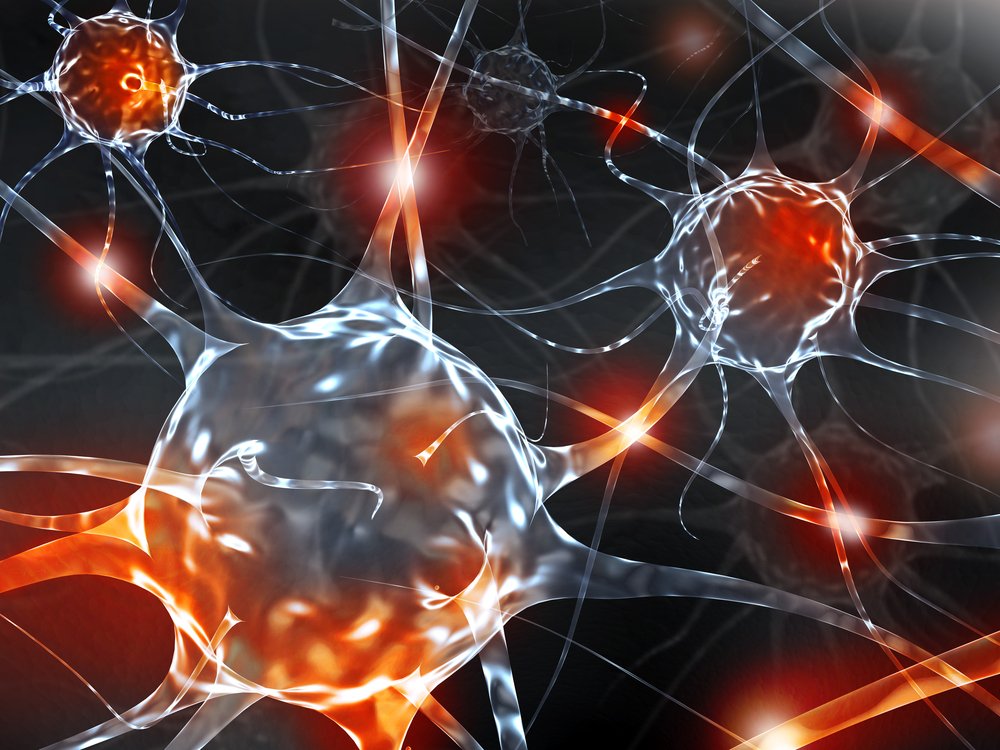
Neurotransmitters and Traffic Jams
CBD has a limiting effect on the CB1 receptor, which is concentrated in your brain and central nervous system. While Cannabidiol does not bind to the CB1 receptor directly like THC does, CBD interacts with CB1 and changes the shape of the receptor ‘volcano’ in a way that slows the rate in which THC can activate the receptor. This makes the high come on slower and last longer. This is especially beneficial for those suffering from addiction.
Just like with your immune system, CBD functions as an Anandamide reuptake and breakdown inhibitor, thereby raising endocannabinoid levels in your brain’s synapses.
Another way that CBD improves mood and pain is through its effects on an enzyme called Fatty Acid Amide Hydrolase (FAAH), which is responsible for pulling excess Anandamide out of circulation. If you think that is bad, go to the head of the class. CBD slows the FAAH enzyme from breaking down your Blissful Anandamide and therefore making it and other Endocannabinoids more available to all of your cells.
CBD also functions as an allosteric receptor modulator, which means that it can either enhance or inhibit how a receptor receives and transmits information by changing the shape of the volcano. A good example is Gamma-Aminobutyric-Acid (GABA). GABA is an inhibitory neurotransmitter in your nervous system. CBD reduces anxiety by changing the shape of your GABA receptors, making the ‘volcano’ more open to receiving that helpful substance.
Essentially, THC works by mimicking your body’s own Endocannabinoids while CBD actually increases the number of Endocannabinoids available to your whole body.
CBD enhances allostasis in your NT pathways and immune cell mediation CBD directly activates the 5-HT1A (hydroxy-tryptamine receptor) a primary serotonin receptor. This supports the regulation of your whole serotonin system. This has been shown to improve symptoms like anxiety, addiction, appetite, sleep, pain perception, nausea and vomiting.
CBD also confers a neuroprotective effect against many kinds of seizures.
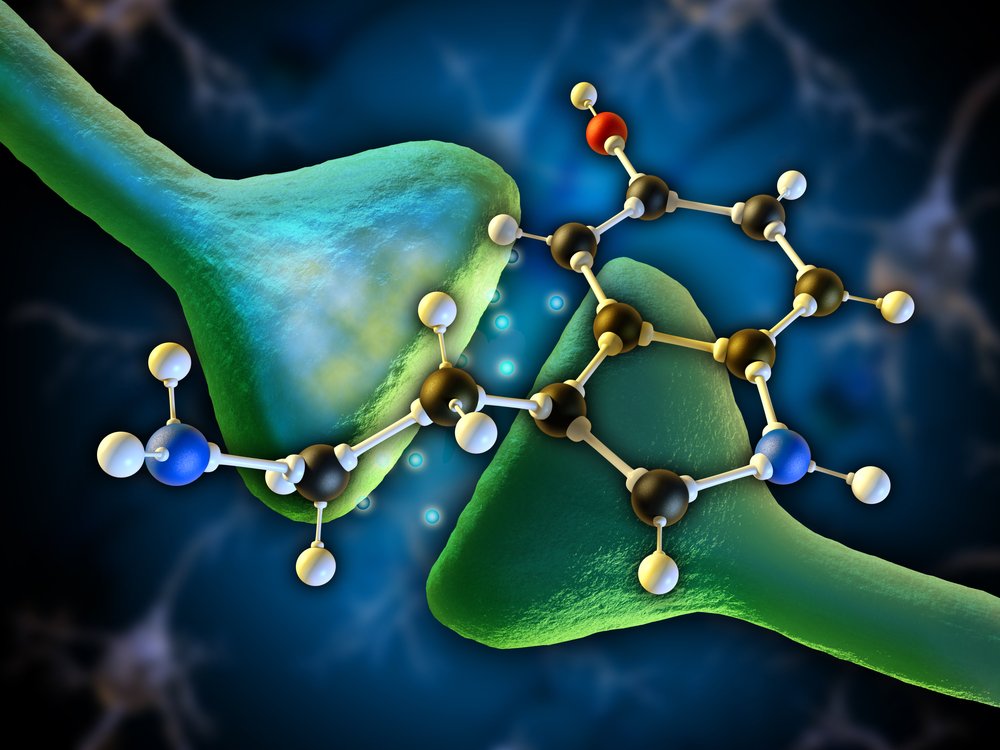
Contraindications for Cannabis
More than 60% of adults take prescription drugs. At least 75 percent of North Americans take at least one over-the-counter medication.[mfn]Nearly 70% of Americans are on at least one prescription drug, over half of Americans take two prescription drugs, and 20% of Americans are on at least five prescription drugs – Mayo Clinic[/mfn]
The number of people taking Nutritional Supplements alone or in combination with other medications is over 85% of the adult population.
Seniors, the fastest-growing demographic of Medical Cannabis users, take multiple drugs every day.[mfn]While 10 per cent of cannabis consumers aged 25 to 44 were new users in the second and third quarters of 2019, this was the case for more than one-quarter (27 per cent) of cannabis consumers aged 65 and older,” the national statistics agency found.[/mfn]
Why are all of those statistics important?
Approximately 75 percent of all drugs are metabolized by your liver through the Cytochrome P450 enzyme system, So is CBD and THC.
If CBD or THC inhibits the breakdown of a pharmaceutical drug, it will result in higher blood levels of the active substance, or even more dangerous, a gradual accumulation of that drug in your bloodstream.
Clinical science and common sense suggest a 2-hour window between taking any strong medication and taking any Cannabis product. The research is still being confirmed, but products containing CBD isolate have shown more negative reactions than full-spectrum CBD products.
Some people are THC-Averse
20% of people of European and Middle Eastern descent, 10% of those of African descent, and 5% of Asians do not tolerate Cannabis very well. The most common symptom is anxiety after use.
Dosage
NOTE* – This information is not my recommendation, it is based on the experience of many patients around the world.
CBD has an 18 hour plus half-life but is more tangible at symptom relief if taken 2 – 3 times per day.
CBD Dosage is usually 10 – 20 mg three times per day to start, especially if there is a lot of inflammation and Neurotransmitter dysregulation. After 1 – 2 weeks of that protocol, most people go to 30mg twice per day. For those who are just interested in using CBD for sleep, the standard is 30 – 40 mg 90 minutes before bed.
Cofactors can make CBD work 3 – 4 times better. (Again, see a Cannabis trained clinician)
The only downside I have seen with the use of Medical Cannabis is called Cannabis Hyperemesis Syndrome (CHS).[1]https://www.ncbi.nlm.nih.gov/pmc/articles/PMC3576702/ People who overuse this ancient medicine can trigger symptoms like nausea, vomiting, and feeling internally cold enough to need a hot bath.
There is very little research on this phenomenon, but it is good to know that too much of a good thing can become a bad thing – even with Cannabis.
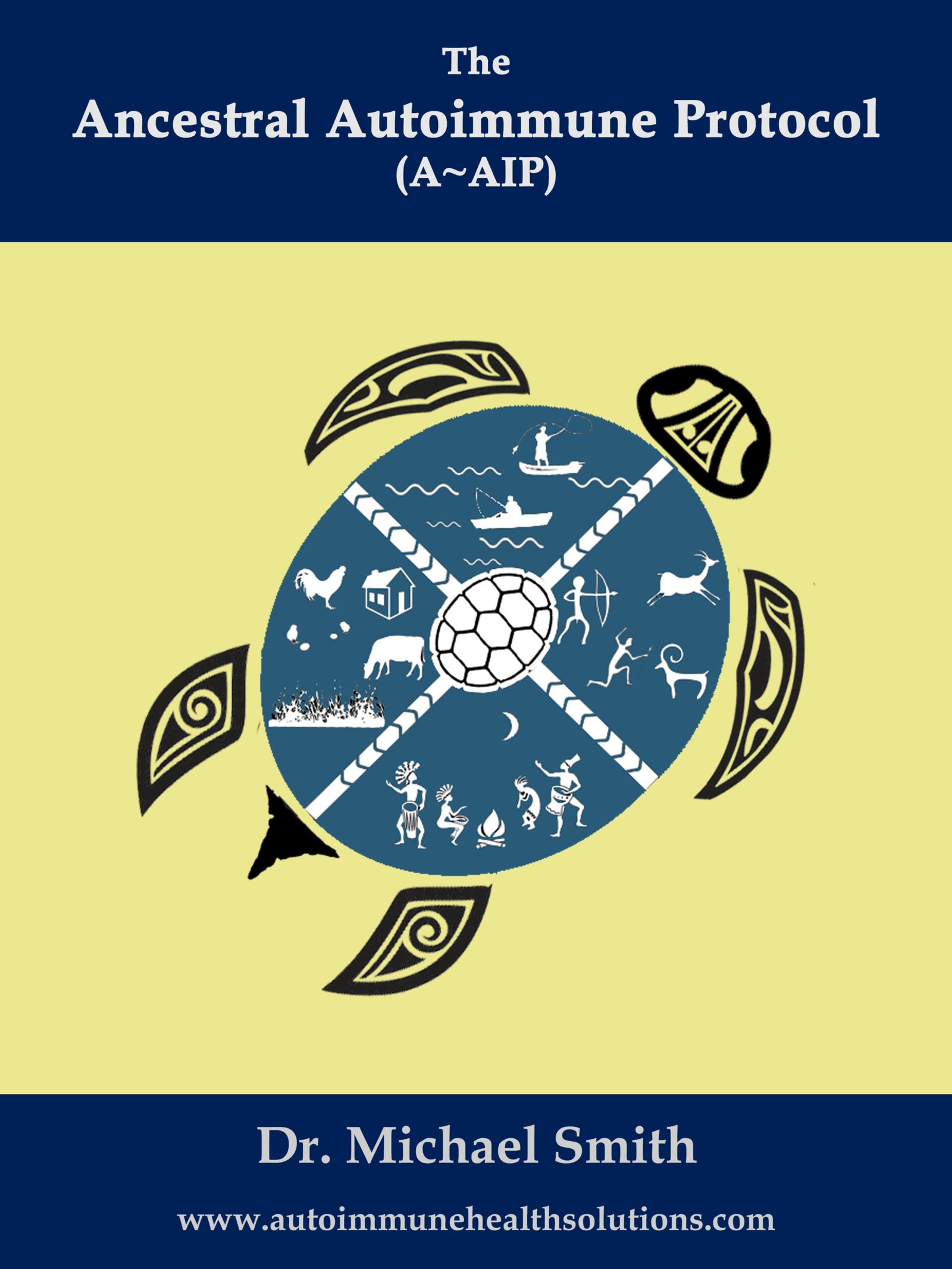
YES!
I want to begin my Autoimmune Healing Journey
Please send me a FREE copy of the Autoimmune Protocol Ebook!
Begin your healing journey with this 65-page guide to understanding Autoimmune Disease and the Ancestral approach to restoring healthy immune function from the inside out.
Sign up for a regular newsletter offering you the information and inspiration that has helped thousands of people heal their lives!
We respect your privacy.
You will only receive your FREE Ebook and our newsletter.

Michael Smith is an internationally respected Clinician, Author, and Speaker.
Michael practices Functional Medicine, Acupuncture, and Traditional Chinese Medicine, and encourages his patients to follow an Ancestral approach to lifestyle and diet. Dr. Smith has dedicated the last 25 years to the research and treatment of Chronic Illness and Autoimmune Disease. As an Autoimmune patient, Michael is intimately aware of the devastating impact these conditions can have on your quality of life.
References
| ↑1 | https://www.ncbi.nlm.nih.gov/pmc/articles/PMC3576702/ |
|---|
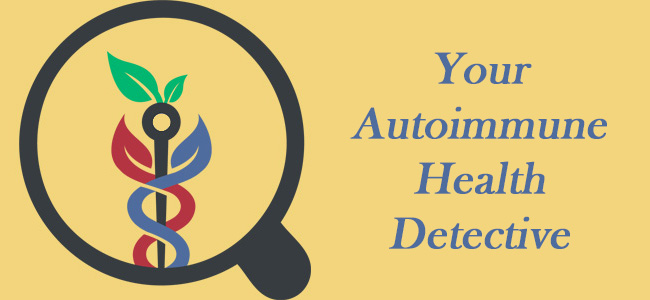
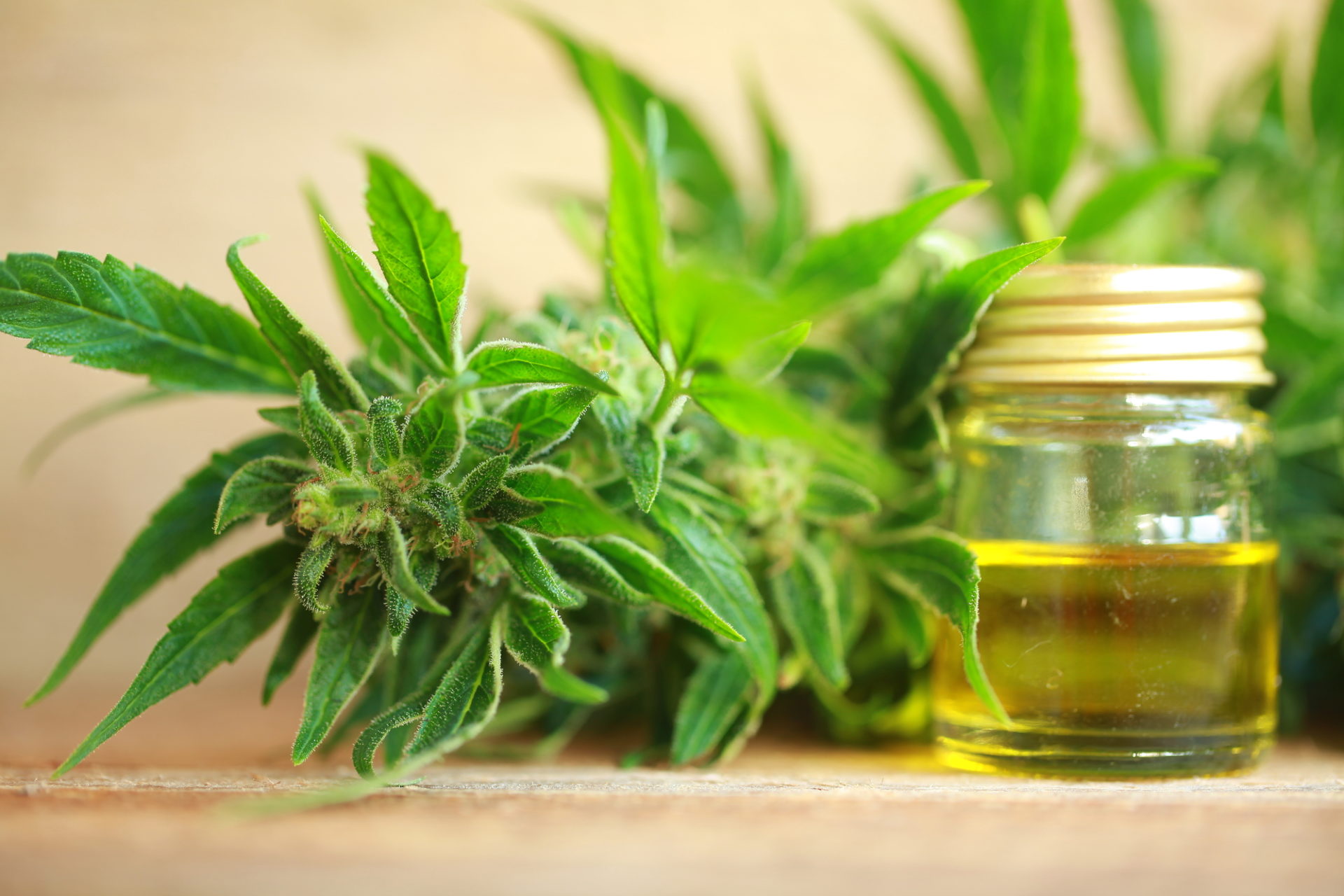



Leave A Comment